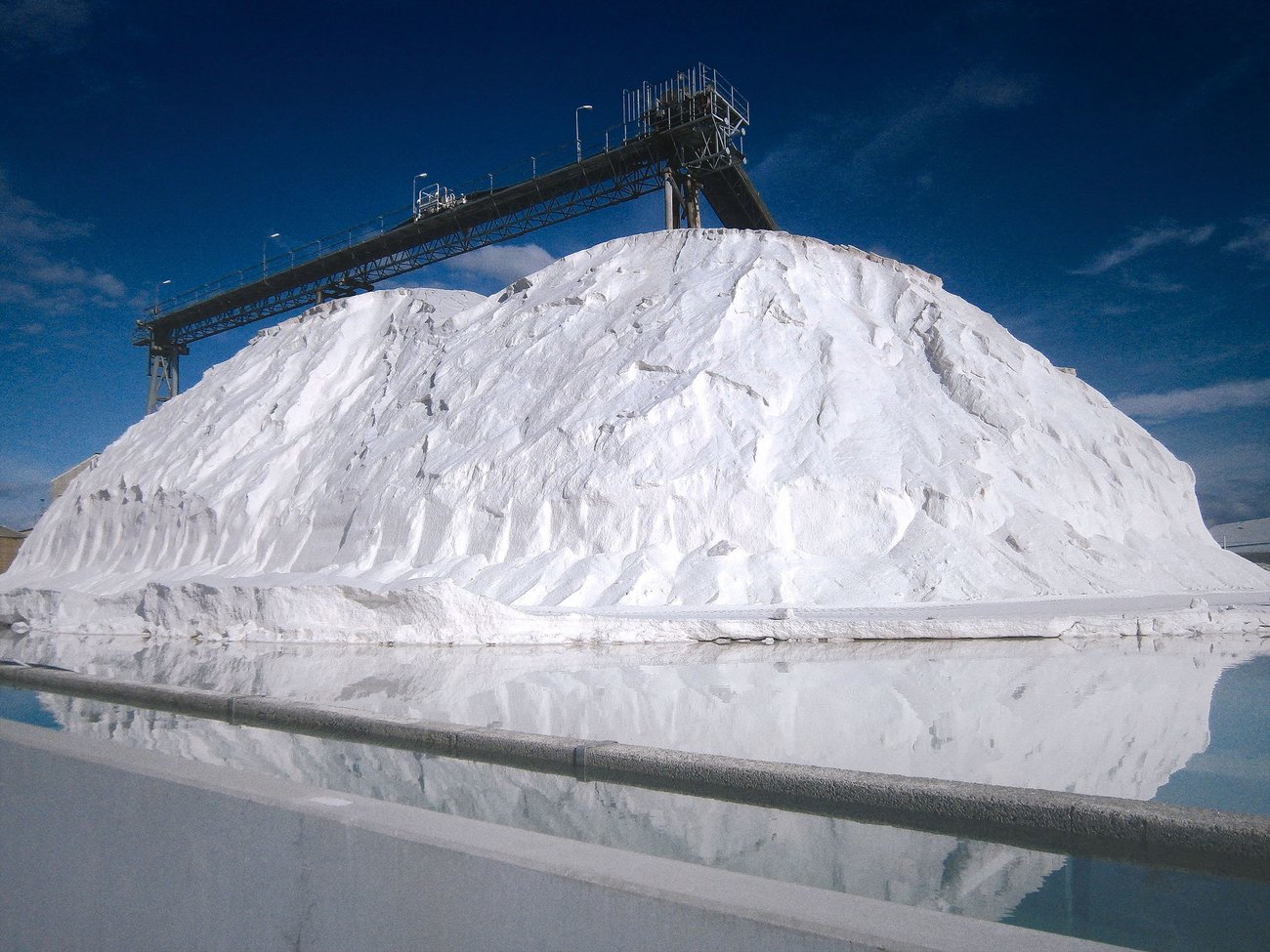
Around 200 of New Zealand’s top commercial and industrial businesses account for 70 percent of the country’s total business energy use. Of those, around 85 are now working with the Energy Efficiency and Conservation Authority (EECA) to improve their energy management – including businesses as diverse as Fonterra, Air New Zealand, Auckland Council, Foodstuffs, and Z Energy.
EECA’s experience working with a broad range of some of New Zealand’s largest businesses means the government agency is well-placed to understand the factors that contribute to getting business on the path to energy savings. “What we see is that good energy practice is the same irrespective of the type or sector of that businesses,” says EECA Business general manager Greg Visser.
Visser says it’s important for EECA to eliminate the barriers for businesses when it comes to achieving energy efficiency. “What we’re seeing are three main barriers. One is an information barrier. Businesses generally don’t prioritise energy benchmarking and measurement, so they don’t know where or how large energy efficiency opportunities are. What we also see is that management in those businesses often questions the opportunities or are risk-averse. We also see there are resource barriers. This is one of the modern challenges we all have to deal with and that’s about trying to do more with fewer people. Lastly, there’s capital. There are a number of competing priorities on the capital businesses have like growth, quality or health and safety, so energy efficiency is just outside that.”
EECA’s task is to promote energy efficiency and renewable energy in New Zealand. EECA Business provides the advice, tools, and funding for the business sector to achieve that – and estimates that businesses could potentially save up to 20 percent on energy costs with smarter energy use.

EECA Business general manager Greg Visser (centre) with account managers Chris Thurston and Pramesh Maharaj
With different large-energy using businesses at different stages of their energy journey, EECA works with each business in a tailored way. But Visser insists that there are certain things EECA can do with any business, regardless of scale, sector, or scope. “First thing is finding out where the opportunities are, which means starting with an audit. Once we’ve found those opportunities, it’s about trying to quantify them and supporting that business to get the right measurement and metering to be able to get quantitative information to build a strong business case. We also support feasibility studies and business case development so that we can get the energy efficiency opportunity to an investment proposal. We can turn it from an engineering challenge to a business opportunity. Then, if the business decides to make that investment, we’ll support them through that process and help them ensure that whatever they’ve implemented is operating as efficiently as possible and the energy savings are identified.”
With a variety of technologies on offer such as renewable energy systems and heat recovery, EECA aims to create more savings for New Zealand companies as well as promote a lower carbon business sector. But Visser says the benefits of energy efficiency go far beyond simply financial and environmental. “We see health and safety benefits because equipment that’s running efficiently is also safer. There’s less maintenance on those pieces of equipment so there’s less time for people to be put in dangerous, non-routine work. The other one is productivity, as businesses do more with less. Reducing costs mean businesses have more money to invest in growth projects which improves their productivity and utilisation of assets. Lastly, it helps engage people. We often look for an energy champion in the business and we make sure we put people around them in the business to enable them to achieve good outcomes. Therefore, it makes people feel like they’re part of doing something good.”
With case studies in primary production, manufacturing, transport, education, and construction, the EECA Business website provides a wealth of information for businesses who want to improve their energy efficiency. The website also provides online tools for business owners to calculate everything from wood energy to heavy vehicle fleets. “They would very likely be able to find another business that’s quite similar to them and get a feel for what EECA’s been able to achieve,” says Visser.
With EECA using a partnership model, Visser emphasises that collaboration is key to transforming how New Zealand uses energy. “What we’ve often seen is the traditional approach of just waiting for a technology project to transform a business. But there are other ways to achieve greater efficiency and that’s about collaborating with other businesses and realising that not any one person or entity has all the answers. It’s about working together, collaborating with EECA and partnering with energy efficiency experts. It’s about businesses doing the best for New Zealand as a country while looking after their own bottom line.”




